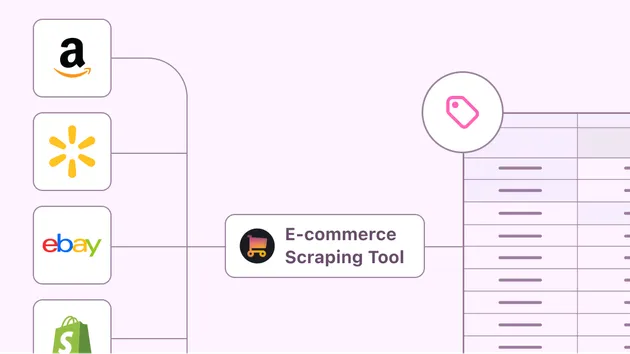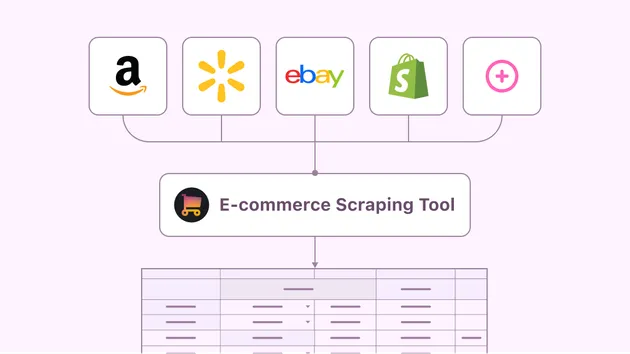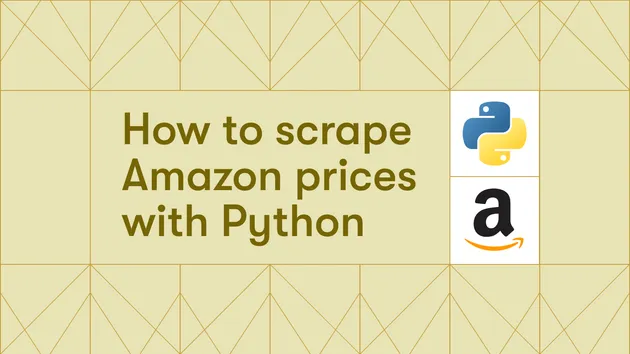Scrape product data from any e-commerce site with a dataLayer
Pricing
$3.00/month + usage
Scrape product data from any e-commerce site with a dataLayer
Scrapes e-commerce product data from any (e-commerce) website that has a dataLayer object (mostly used in google analytics implementations). It returns all product data in multiple data formats. Also available as an API to integrate with your own or other products. Circumvents the Cookie wall.





